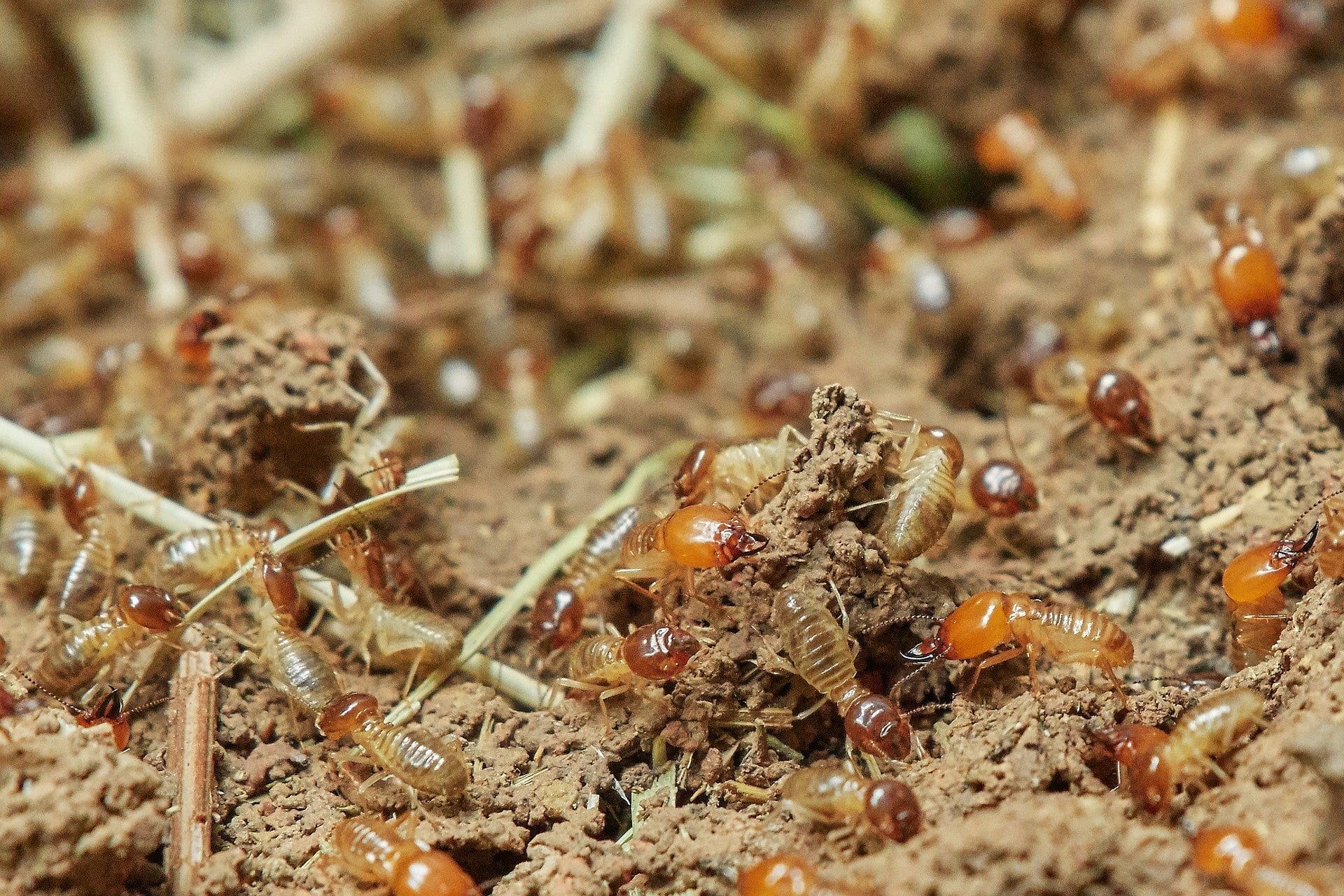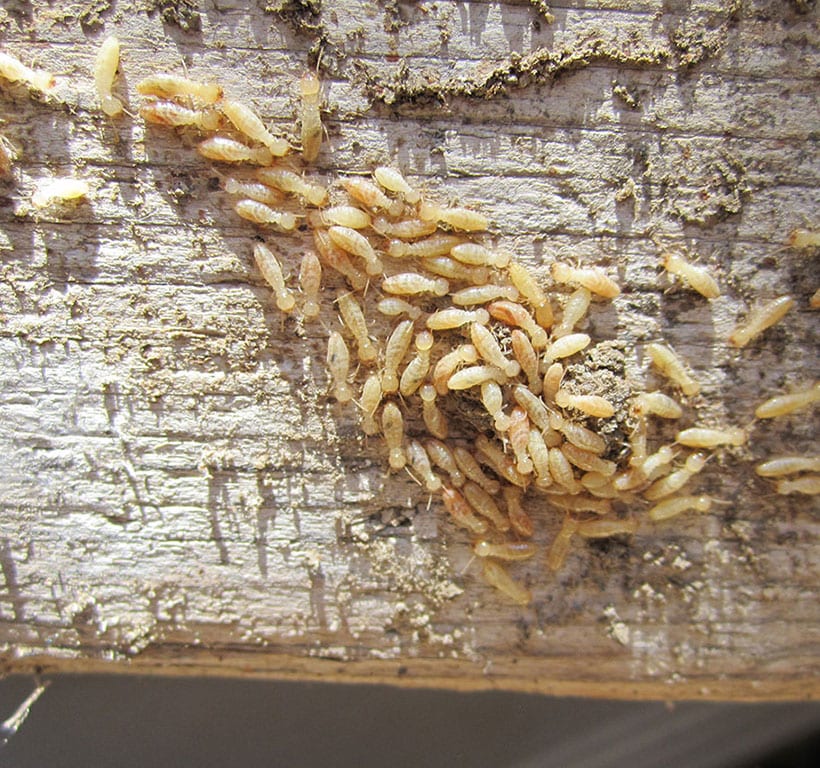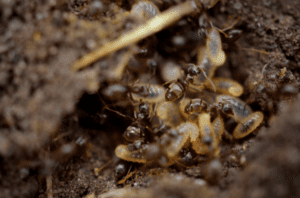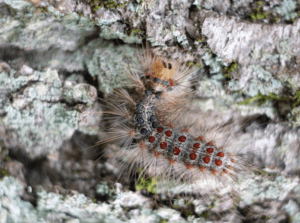
Bergen County Termite Control Tips for Homeowners
Protecting your New Jersey home from all types of termites begins with knowledge and proactive measures. Understanding how to detect early signs of activity and implementing preventative strategies can save you from costly damage and stress. In this article, we share essential termite control tips tailored to Bergen County’s local environment. With Bergen County termite control services, you can trust that local experts are equipped to handle the unique challenges of the area. From moisture management to effective barriers, learn how simple steps can significantly reduce the risk of termite infestations and safeguard your home's integrity.
Identifying Signs of Termite Infestation in Bergen County
Recognizing signs of termite activity early is crucial to preventing extensive damage to homes. One common indicator is the presence of mud tubes. Termites construct these pencil-width tubes to travel between their nests and food sources. They are typically found along foundation walls, crawl spaces, or other exposed areas. Another telltale sign is the discovery of discarded wings. Swarmers, or reproductive termites, shed their wings after mating, leaving behind small piles of them near windowsills, doors, or other entry points. These wings are often a clear indication that a termite colony is nearby or has already infiltrated the home.
Hollow-sounding wood is also a significant warning sign. Termites consume wood from the inside out, leaving a thin veneer on the surface. Tap on wooden structures such as beams, flooring, or furniture, and if it sounds hollow or papery, termites may be present. Additionally, wood that is easily penetrated by a screwdriver or shows signs of blistering can also indicate termite damage. Early detection of these signs is vital. Regular inspections and immediate action at the first hint of termite activity can prevent severe structural damage, saving homeowners from costly repairs and extensive treatments.
Preventive Measures for Termite Control in Bergen County
Knowing how to prevent termites is essential for homeowners in Bergen County. One effective measure is maintaining proper ventilation in basements, crawl spaces, and attics. Adequate airflow reduces moisture levels, making these areas less attractive to termites, who thrive in damp environments. Reducing moisture levels around the home is another critical step. Ensure that gutters and downspouts direct water away from the foundation. Fix leaky pipes, faucets, and roofs promptly to prevent water accumulation. Installing dehumidifiers in damp areas and ensuring proper drainage can also help keep moisture levels in check.
Removing wood-to-soil contact is crucial in creating an environment less conducive to termite activity. Avoid storing firewood, lumber, or other wooden materials directly on the ground or near the home. Use concrete or metal supports to elevate wood off the soil. Additionally, maintain a gap between soil and wooden elements of the house, such as siding or porch steps, to deter termites from easily accessing these structures. Implementing these preventative measures helps create an inhospitable environment for termites, reducing the risk of infestations. Regular maintenance and vigilance in addressing moisture and wood contact issues can significantly decrease the likelihood of termites establishing a colony in or around the home.
Do It Yourself Termite Control
Addressing minor termite issues with do it yourself termite control methods can be both cost-effective and efficient for homeowners. One popular approach is the use of termite bait stations. These devices are placed around the perimeter of the home and contain a cellulose-based bait laced with a slow-acting insecticide. Termites consume the bait and carry it back to the colony, where it gradually eliminates the population. Regularly checking and replenishing the bait stations can help manage minor termite infestations before they become severe.
Another effective DIY method is implementing physical barriers. Homeowners can install termite barriers made of materials such as stainless steel mesh or sand around the foundation and other entry points. These barriers prevent termites from accessing the structure, offering long-term termite prevention. Additionally, applying a liquid termiticide to the soil around the foundation can create a chemical barrier that repels or kills termites attempting to enter the home.
By using bait stations and physical barriers, homeowners can effectively reduce termite activity and protect their property from future infestations. However, for larger or more persistent infestations, consulting a pest control expert is advisable to ensure comprehensive and lasting termite management.

Natural Termite Control Methods
Eco-friendly methods provide homeowners with sustainable and non-toxic alternatives to traditional chemical treatments. They are particularly beneficial for those seeking to avoid the potential risks associated with synthetic pesticides while still effectively managing termite populations. If you're wondering how to control termites naturally, one effective method involves using beneficial nematodes, microscopic organisms that prey on termites and other pests. These nematodes are applied to the soil around the infested area, where they actively seek out and infect termites, ultimately killing them without harming other beneficial organisms or plants.
Diatomaceous earth, a naturally occurring sedimentary rock powder, is another eco-friendly option. It works by abrading the termite's exoskeleton, leading to dehydration and death. Diatomaceous earth is safe for humans and pets but should be applied in a dry environment for optimal effectiveness. Natural oils and repellents derived from citrus fruits like oranges are also effective against termites. These oils contain compounds that are toxic to termites upon contact, disrupting their nervous systems or acting as repellents. Spraying or applying these oils around affected areas or infested wood can discourage nesting or feeding, in turn disrupting the life cycle of termites.
Termite Pest Control Near Me
Finding reputable termite pest control services in Bergen County, NJ, begins with thorough research and vetting. Start by seeking recommendations from friends, neighbors, or local community groups who have recently dealt with termite issues. Online reviews and testimonials can also provide valuable insights into the reliability and effectiveness of different pest control companies in the area. When evaluating potential services, prioritize those that are licensed and insured. Licensing ensures that the company meets state and local regulations and employs trained professionals who are knowledgeable in safe and effective termite management practices. Insurance coverage protects both the homeowner and the workers in case of accidents or damages during the treatment process.
Experience in termite management is crucial. Look for companies that have a proven track record of successfully treating termite infestations. Ask about the methods and products they use; reputable companies should be transparent about their treatment options and willing to explain their approach in detail. Additionally, inquire about warranties or guarantees on their services. A trustworthy pest control service will often offer follow-up inspections or treatments to ensure that the termite infestation is fully eradicated and to prevent future occurrences.
Whether you're currently dealing with termites in your home or considering preventative measures, our team at Twin-Boro is here to help. With expertise in both residential and commercial pest control, we offer tailored solutions to protect your property. For those in need of Bergen County termite control, we provide specialized services to address the unique challenges of the area. Don't wait until termites become a problem- contact us today to learn more about termite pest control near you and ensure your peace of mind. For more facts about termites and other pests, visit our blog.






